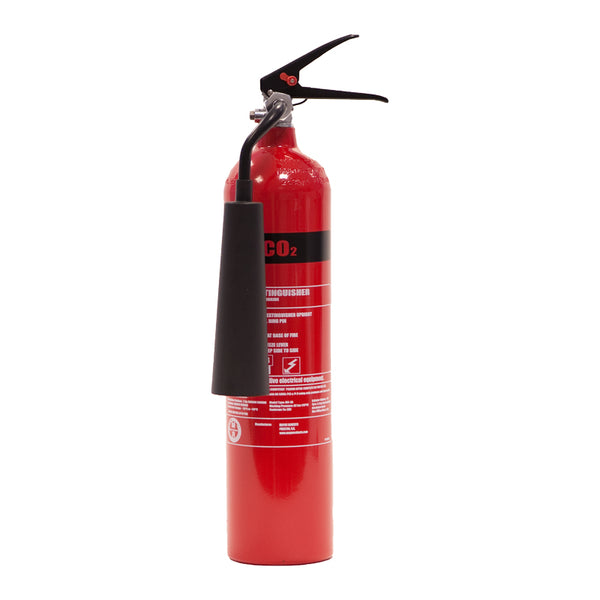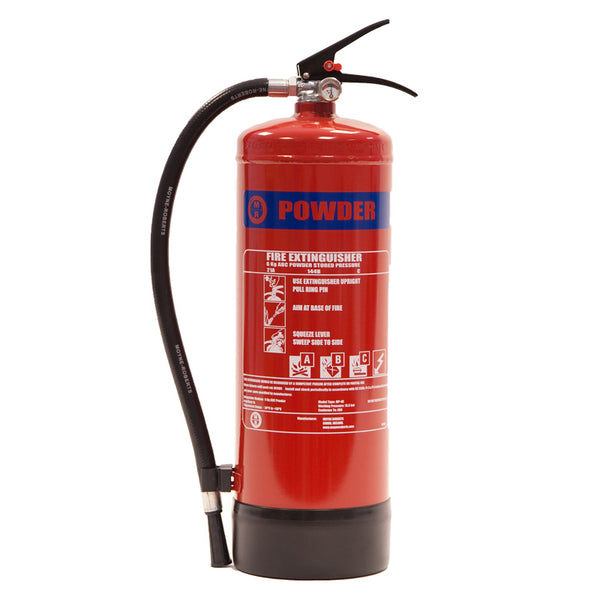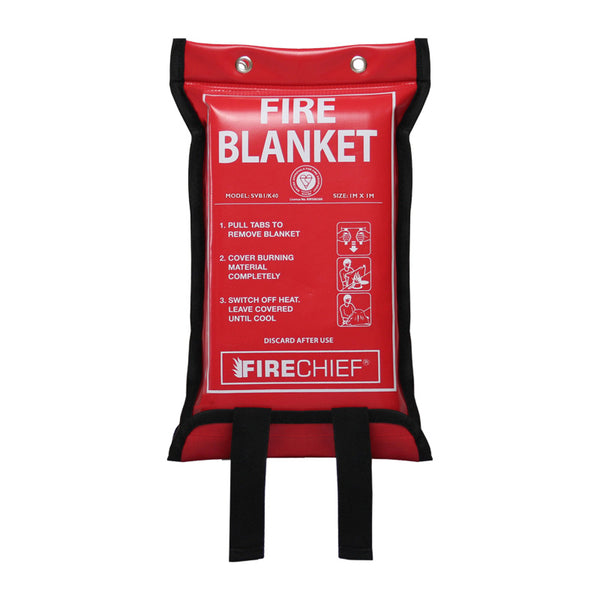Electrical Fire Safety Week highlights the dangers to the young and old posed by electrical appliances, particularly electric heaters. Fire and Safety Centre supports Electrical Fire Safety week with important advice about how to be switched on to the dangers that could lurk in your home.
Being a small child, my friend didn’t understand about electrical fire safety, but he knew about wrapping up well in winter, which is why he put a blanket over the fire to warm. Many times he’d watched his father hold a blanket up to the heat before catching him up in its comfort, and was hoping to achieve the same effect.
It was only when he called to his mother: “Can I turn this blanket over, it’s nice and brown on this side now,” that she was alerted to the danger, and bounded downstairs from some household chore to find out what was going on.
My friend had come within a whisker of being a victim of exactly the kind of danger that Electrical Fire Safety Week, running from November 9th-15th this year, has been designed to highlight.
Although the week has been running since 2012, half a century after my friend’s brush with disaster, the message still hasn’t hit home. People still die in fires caused by electrical heaters – the largest single cause of death and injury, with the elderly and the very young most at risk.
There’s a danger that it will get worse, say Fire Service experts, as people struggle with heating bills and may resort to small heaters to plug the cost/heat gap.
Three basic misconceptions put people at risk:
• That it’s safe to leave heaters switched on and unattended
• That they can be left on to keep elderly and immobile relatives warm
• That it’s OK to leave them switched on all night.
None of those is OK to do, say experts. Their message is simple: if you must use a portable electric heater, it needs to have someone keeping an eye on it at all times. Never let it get too close to anything which can burn, and turn it off if you leave it. That way you can be assured of being warm AND safe.
The elderly, often unsteady on their legs, face another threat too; that of tripping over trailing cables – which could be compounded in its severity if they fall onto the heater, or pull it too close to flammable material.

Picture: Martin Green via Dreamstime
The other electrical danger
It’s not just electric heaters that pose a threat. In any context, misuse of electricity can have disastrous consequences – and it’s at this time of year that they can start to be felt.
More and more electrical appliances are becoming increasingly common in homes up and down the country, which is not a problem if the homes they’re going into have sufficient electrical sockets.
Where they don’t, it’s common to see adaptors put together in more and more unlikely combinations to make sure things like the TV, Sky box, X-box and phone charger are all supplied.
And that’s where the danger arises. In trying to feed a number of appliances through one socket, electricity will cause socket and plugs to overheat.
The sockets in your home have a maximum load, measured in amps. All appliances require a certain amount of power, and the number of them plugged in to one socket at any one time should never exceed that load.
The Socket Calculator has been brought to you by Electrical Safety First.
For more safety information visit http://www.electricalsafetyfirst.org.uk
Remember Apollo 13, where the ground crews worked out what electrical systems could and could not be turned off to sustain the crew’s lives? It’s the same calculation.
Facts about electrical dangers
• An incorrectly-fitted garden pond pump can electrocute your fish, your pets, and your children?
• You shouldn’t use the top of the microwave for extra storage – those vents are there for cooling, and shouldn’t be obstructed
• DIY activities cause half of the serious electric shocks in the home – like drilling or nailing into wires you didn’t know were there
• Mains-powered portable electrical appliances like hair driers, heaters or radios should never be taken into the bathroom. Water and electricity don’t mix!
• You should never touch a person who’s suffered an electric shock if they’re still touching the source of the electricity, because you’ll get a shock too. Always turn it off before helping them.
Call in a qualified electrician
Never take the slightest chance with electricity. If you’re in any doubt whatsoever, it’s always best to call in someone who’s properly qualified.
Take precautions with fire and safety products including fire extinguishers, fire blankets, fire alarms and evac chairs.




